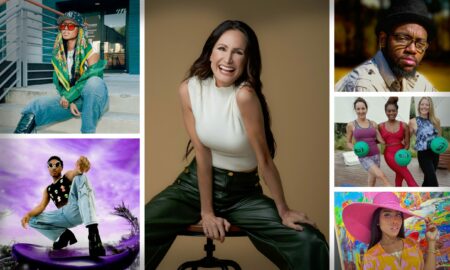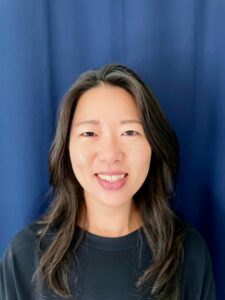
Today we’d like to introduce you to Weonhee Shin.
Hi Weonhee, we’re thrilled to have a chance to learn your story today. So, before we get into specifics, maybe you can briefly walk us through how you got to where you are today?
Growing up in rural Virginia, my identity was filled with question marks. School taught the histories and accomplishments of “forefathers” and others I could not relate to. Something about my reality as a Korean American and daily observations of Confederate flags, “heritage not hate”, football team named “Redskins” were unsettling. They felt off, but I didn’t have the agency to know what that was.
In 2020, our communities came face to face with these realities – George Floyd, political divisiveness, anti-Asian hate crimes – to name a few. These issues that always existed became unavoidable. Despite the necessary attention they gained, I did not want this to simply be a fleeting movement but a genuine and radical reality. More than a yard sign and protest attendance but continual, long-term work that is needed to change systemically.
But how? As I dug into understanding my identity better as a Korean American and Asian American woman, it quickly became evident that knowing history filled in the gaps of my reality.
1. All of our histories are intertwined – one event led to another, and we don’t exist in silos.
2. Our current realities (good and bad) and stereotypes have a reason and can be explained by history.
3. We all have ancient origins and all of our people have made incredible accomplishments – we must celebrate and embrace who we are.
As a mother of three school-aged children, I saw how my children’s education did not give agency or power to my children. Our children deserve to know that there is a reason to how things are, to be proud of who they are, and to fully know their fellow students. As they learn the complexity of US history and know how to think critically, they can make our society better.
Alright, so let’s dig a little deeper into the story – has it been an easy path overall and if not, what were the challenges you’ve had to overcome?
The hunger was evident – through social media, I reached out to the Asian American community in Georgia to see who is interested in this work. In less than three weeks, over 160 responded, and over 1/3 were educators.
Since nothing like this existed, we had to create something completely new. Also, support for Asian American organizations were and is lacking in Georgia. Although Asians are the fastest growing people group in the US and GA, there isn’t much infrastructure to support its growth.
Funding is also difficult. There are many inaccurate assumptions on the diverse Asian communities in Georgia. In the education system (k-12 and Higher Ed), even if there is a large number of students of Asian heritage, support is rare. In Georgia, we had one Professor offering Asian American studies in higher Ed in 2020.
Thanks for sharing that. So, maybe next you can tell us a bit more about your work?
We are a nonprofit that provides support for students, educators, and families. We lift up Asian American voices and honor the stories of all people to transform GA schools.
Currently, we provide:
1. History professional development opportunities for GA K-12 educators. We teach comprehensive history – how does Asian American history fit into the large framework?
2. Youth student institute for Asian American youth in Georgia
3. Heritage Month Kits for AANHPI Heritage Month in Georgia preK-12 classrooms
In 2023, we launched the Heritage Month Kit since most Georgia schools never celebrated AANHPI Heritage Month. Although our goal was 100 classrooms, we reached over 300!
We also do not teach standalone history – but incorporate the complexity of our united history. We do this by not just teaching Asian American history but how it is related to other marginalized group’s history.
We are the only Asian American-led and focused education organization in Georgia.
In terms of your work and the industry, what are some of the changes you are expecting to see over the next five to ten years?
Currently, our work is volunteer-based. In five years, we will not only work with schools in training their educators but also provide support for students of Asian heritage who are not receiving this positive identity-forming education.
In five years, we will transition into having paid staff for this long-term work.
Contact Info:
- Website: Www.AAVEd.org
- Instagram: http://intagram.com/aaved_org
- Facebook: https://m.facebook.com/AAVEd.org
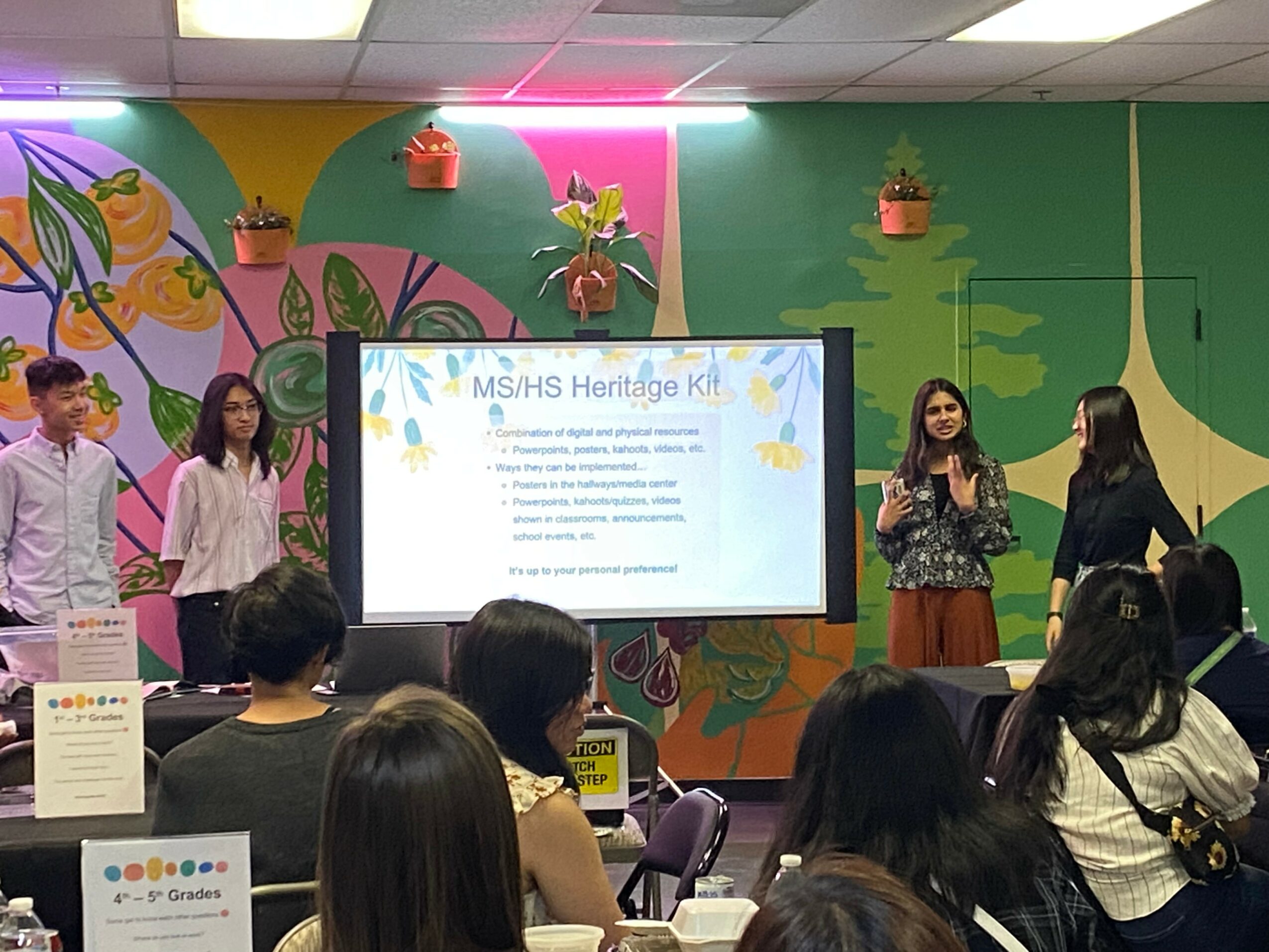
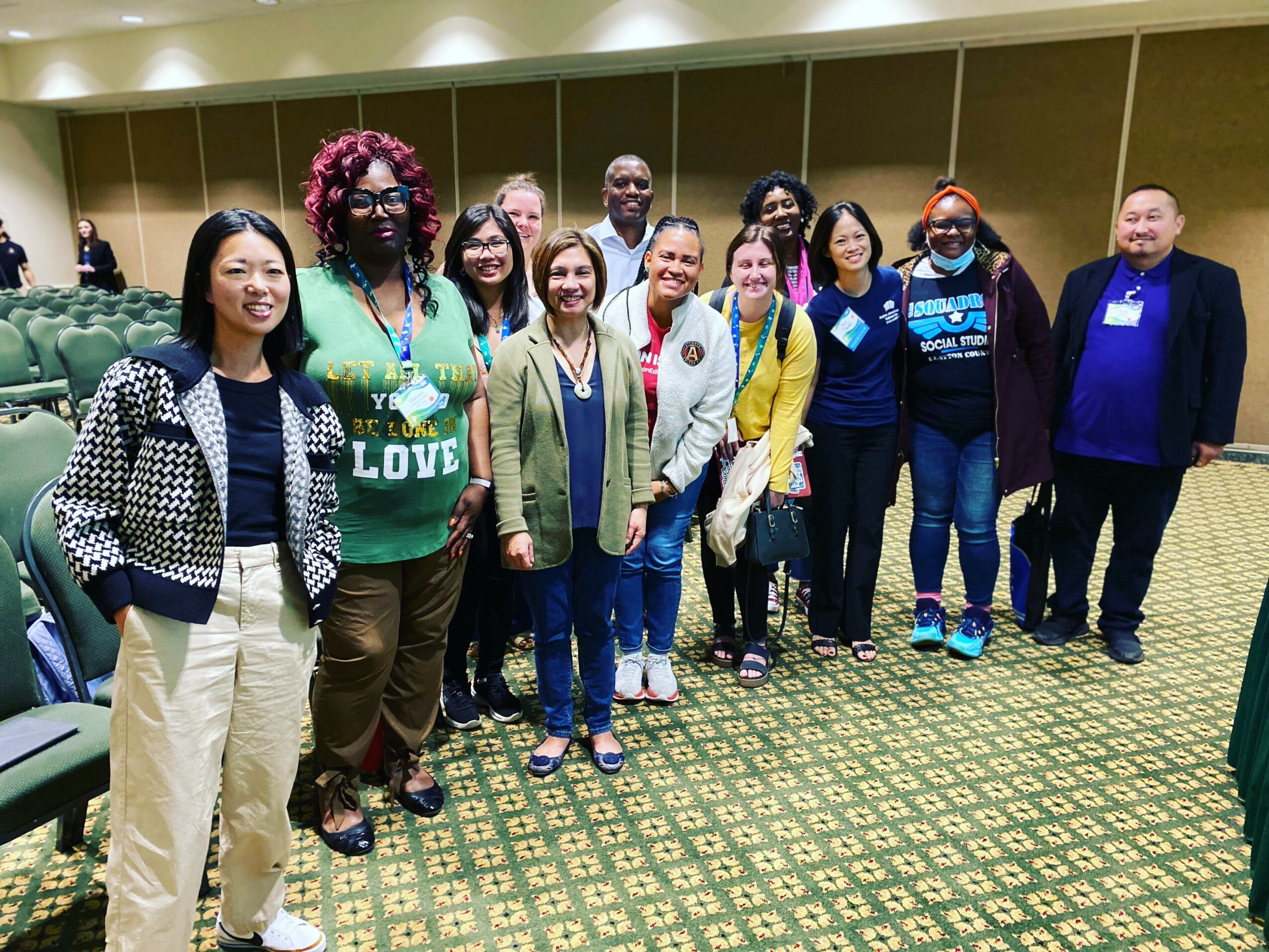
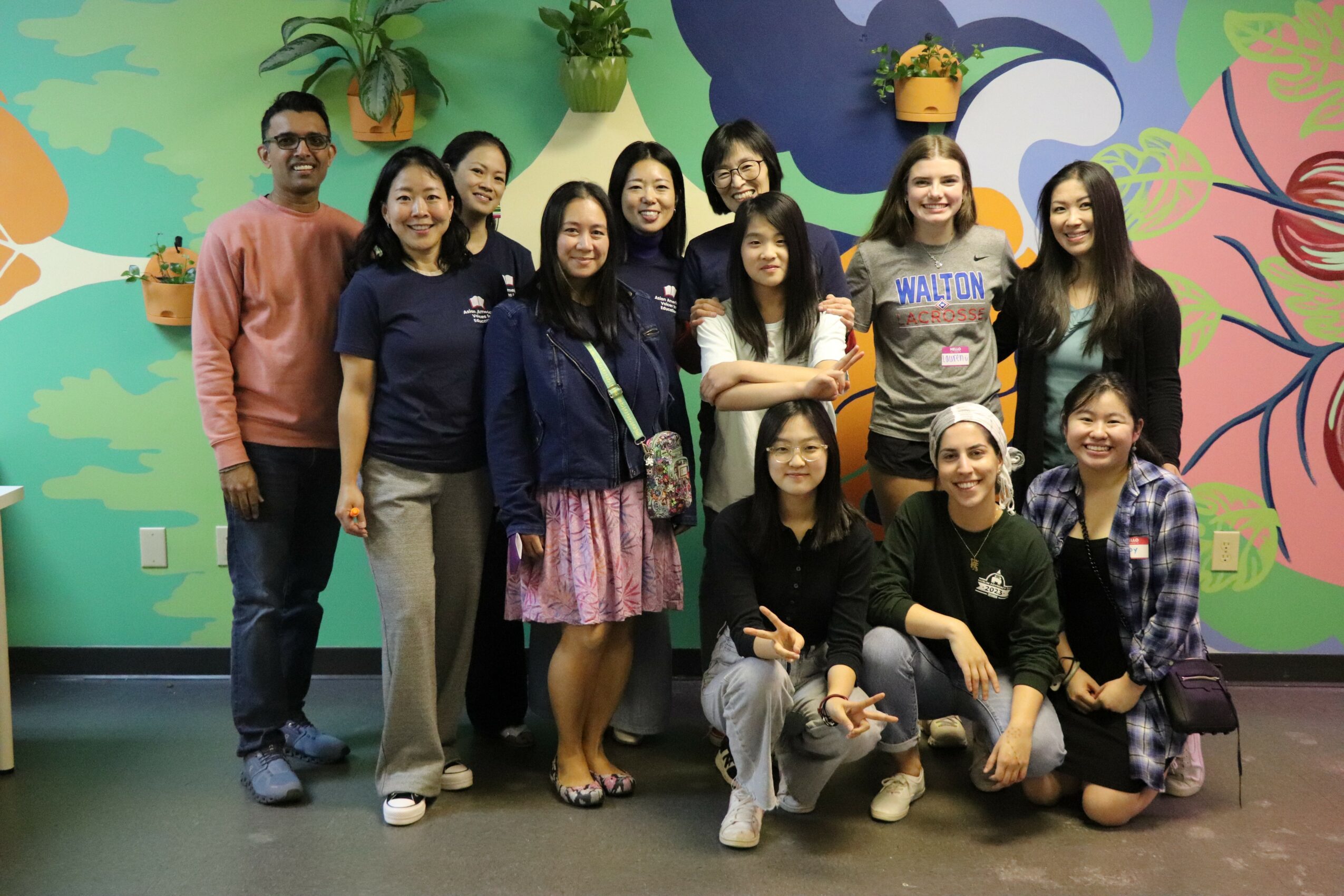
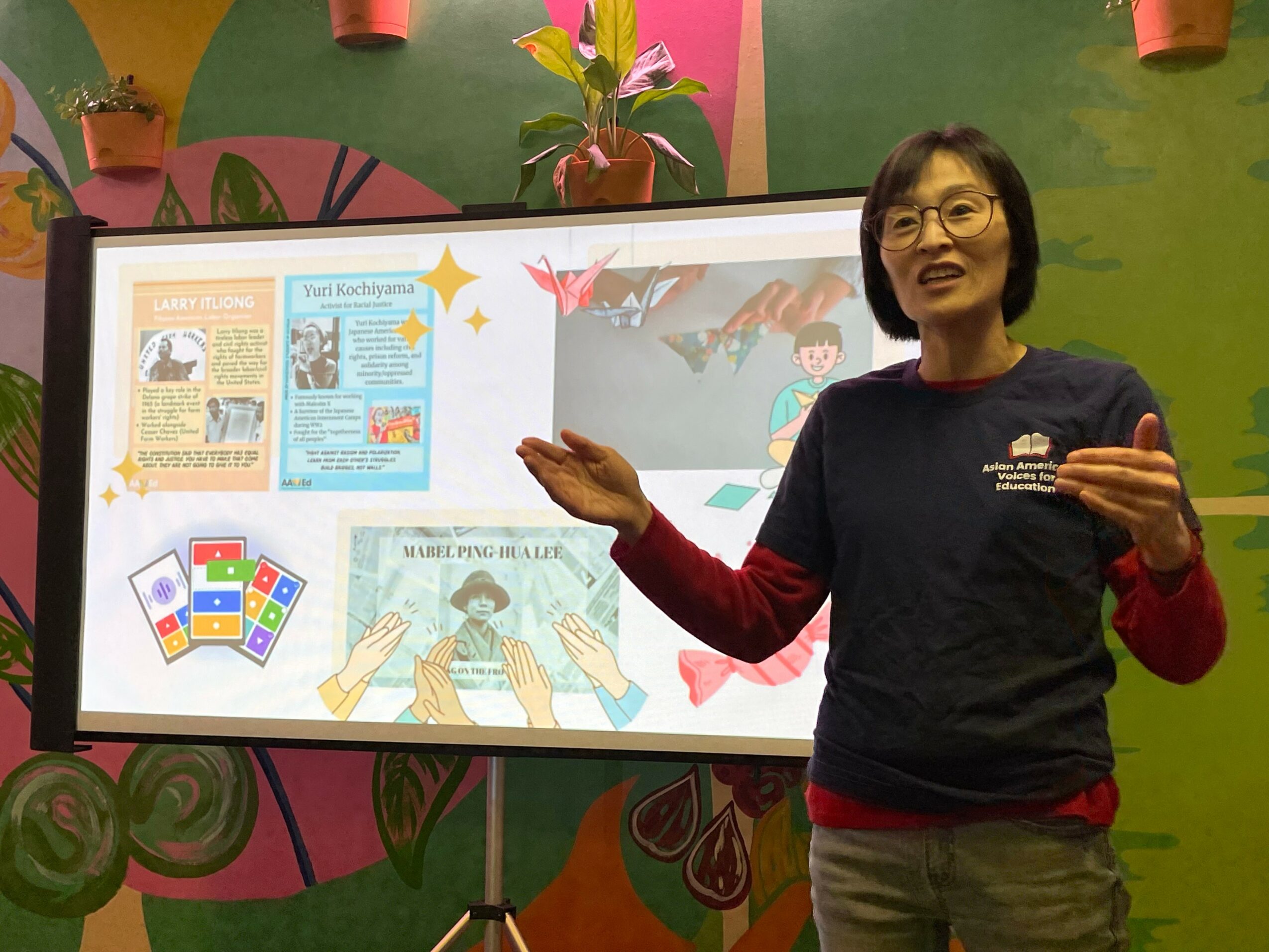 Image Credits
Image Credits
Andy Tran

